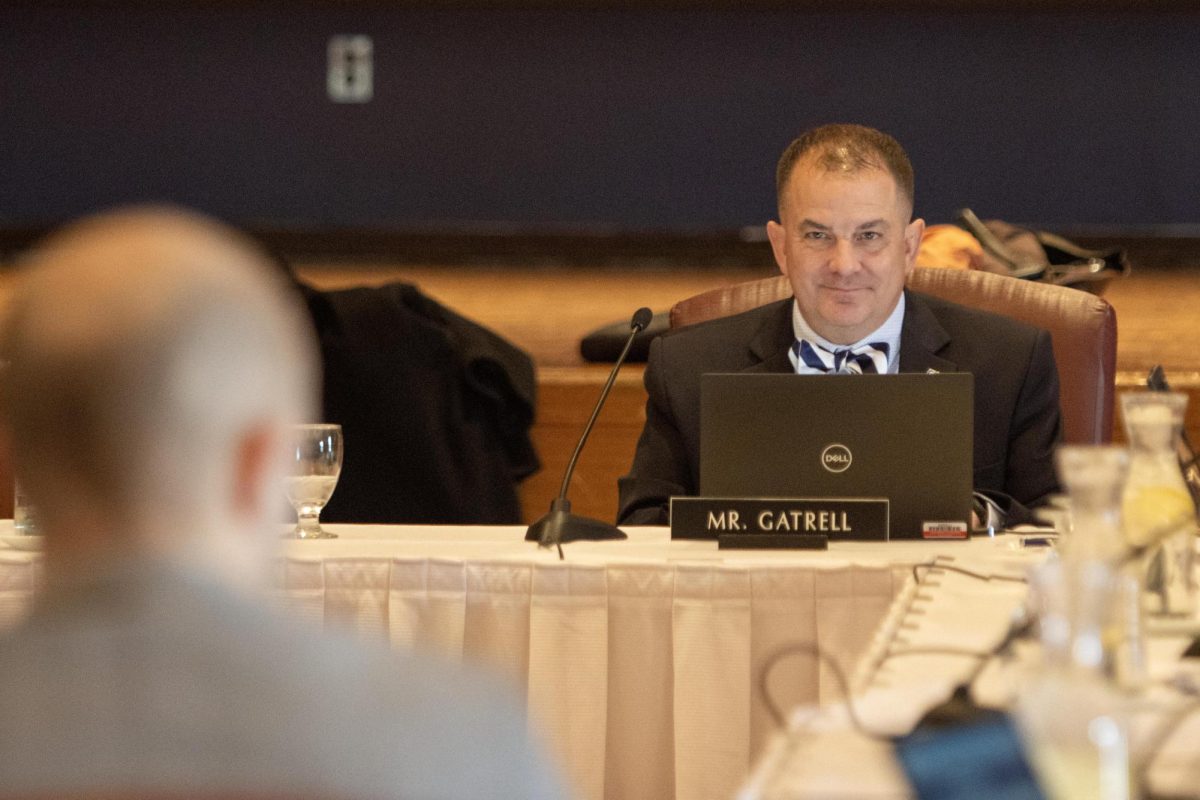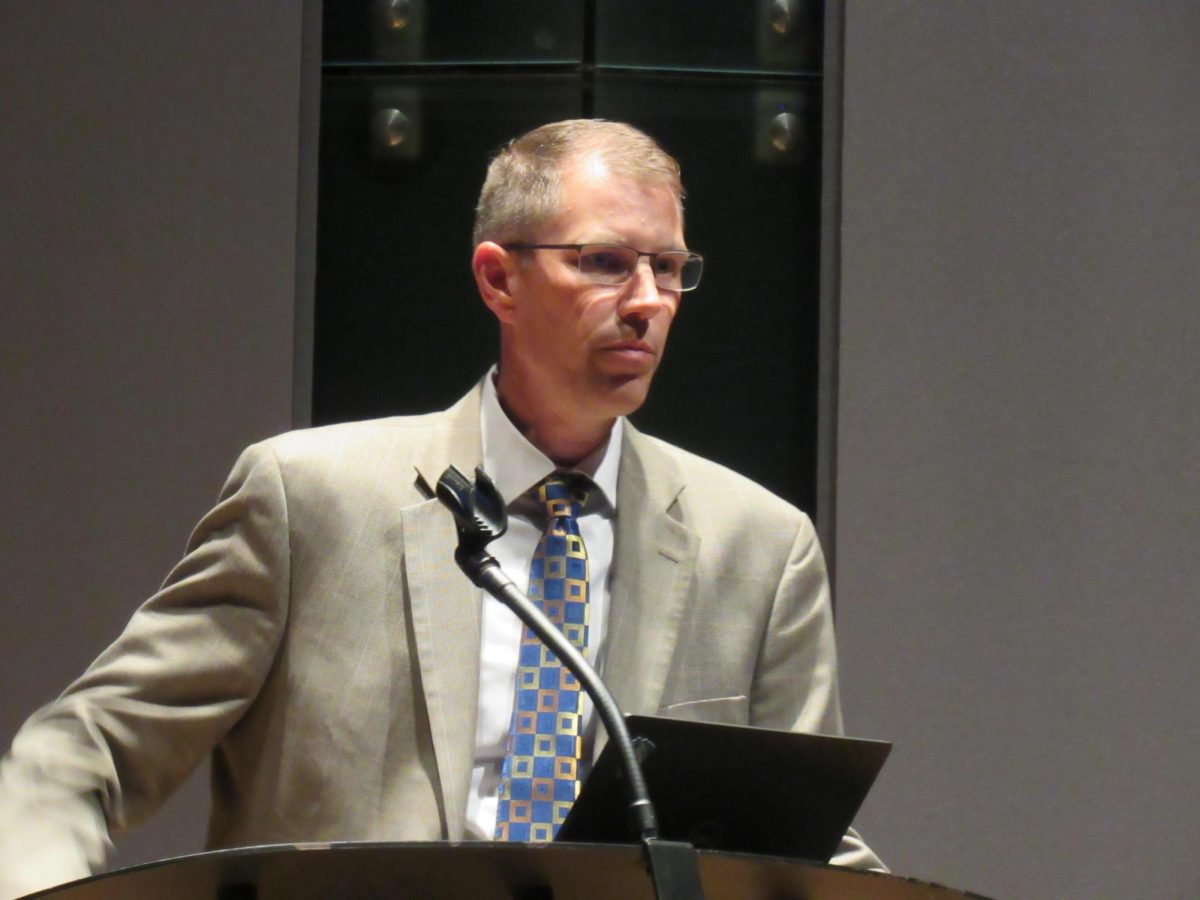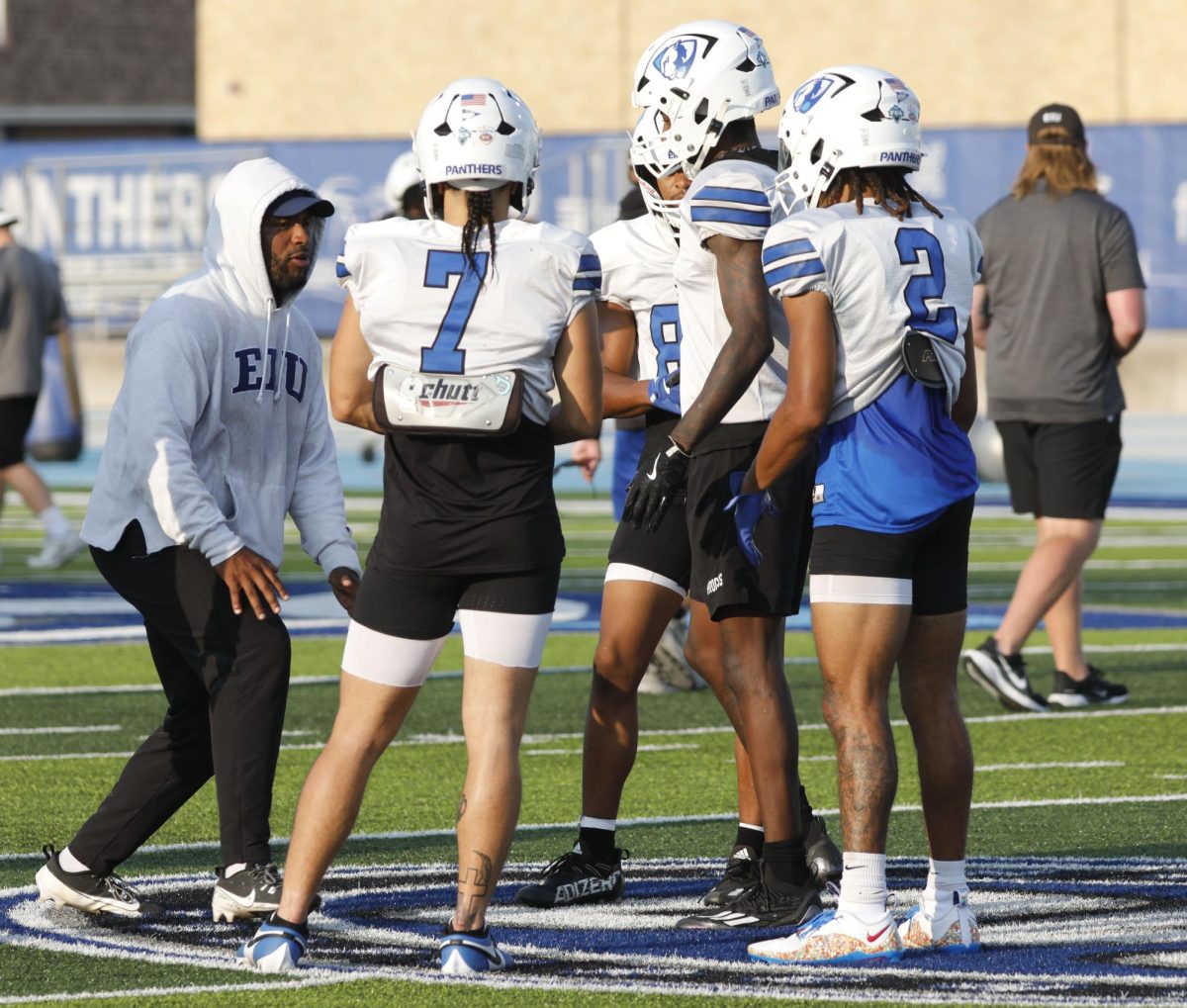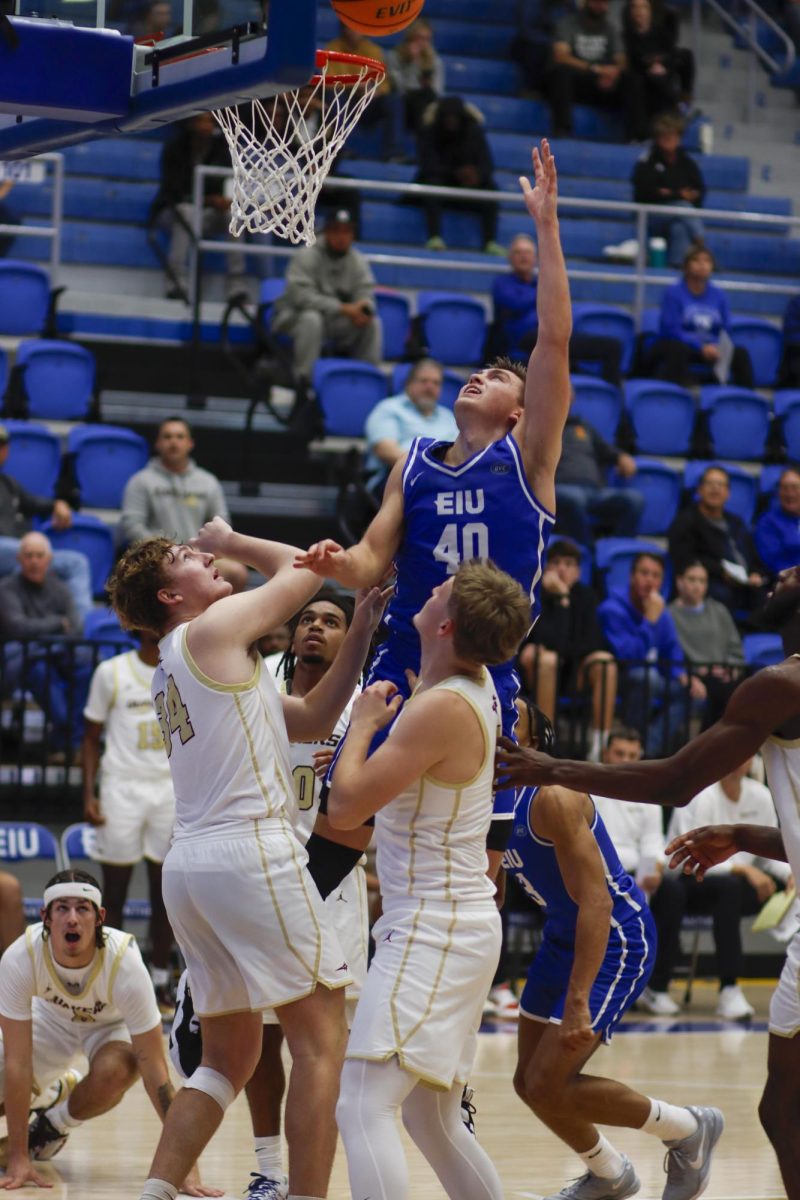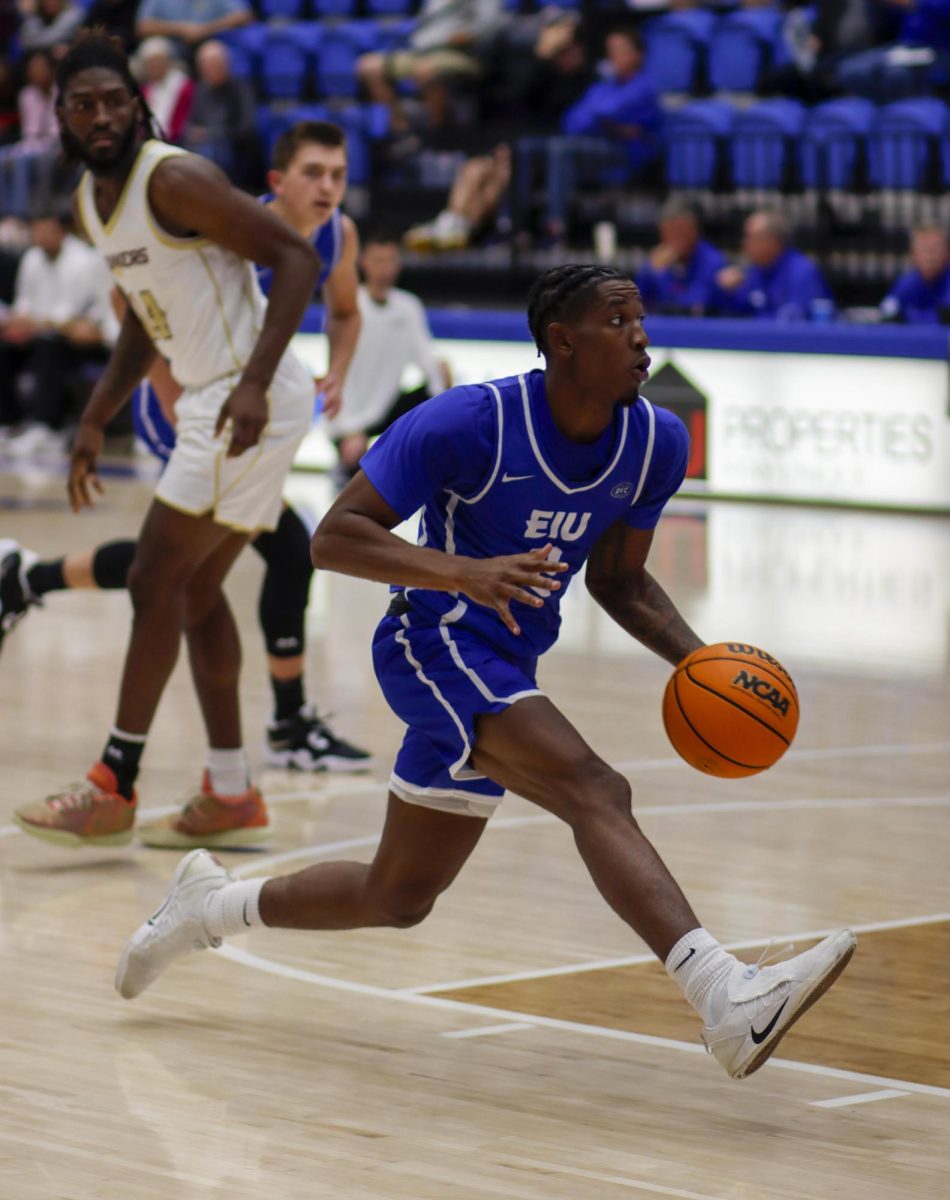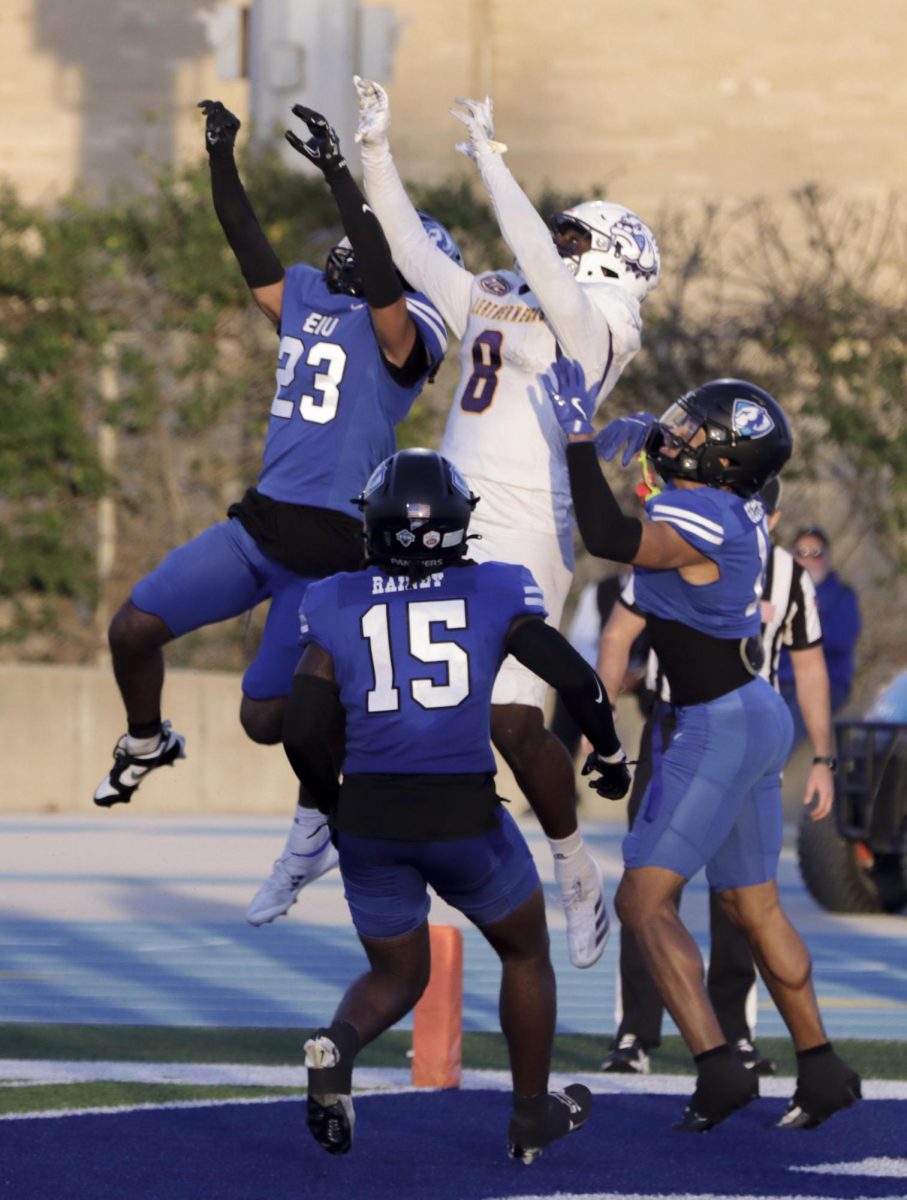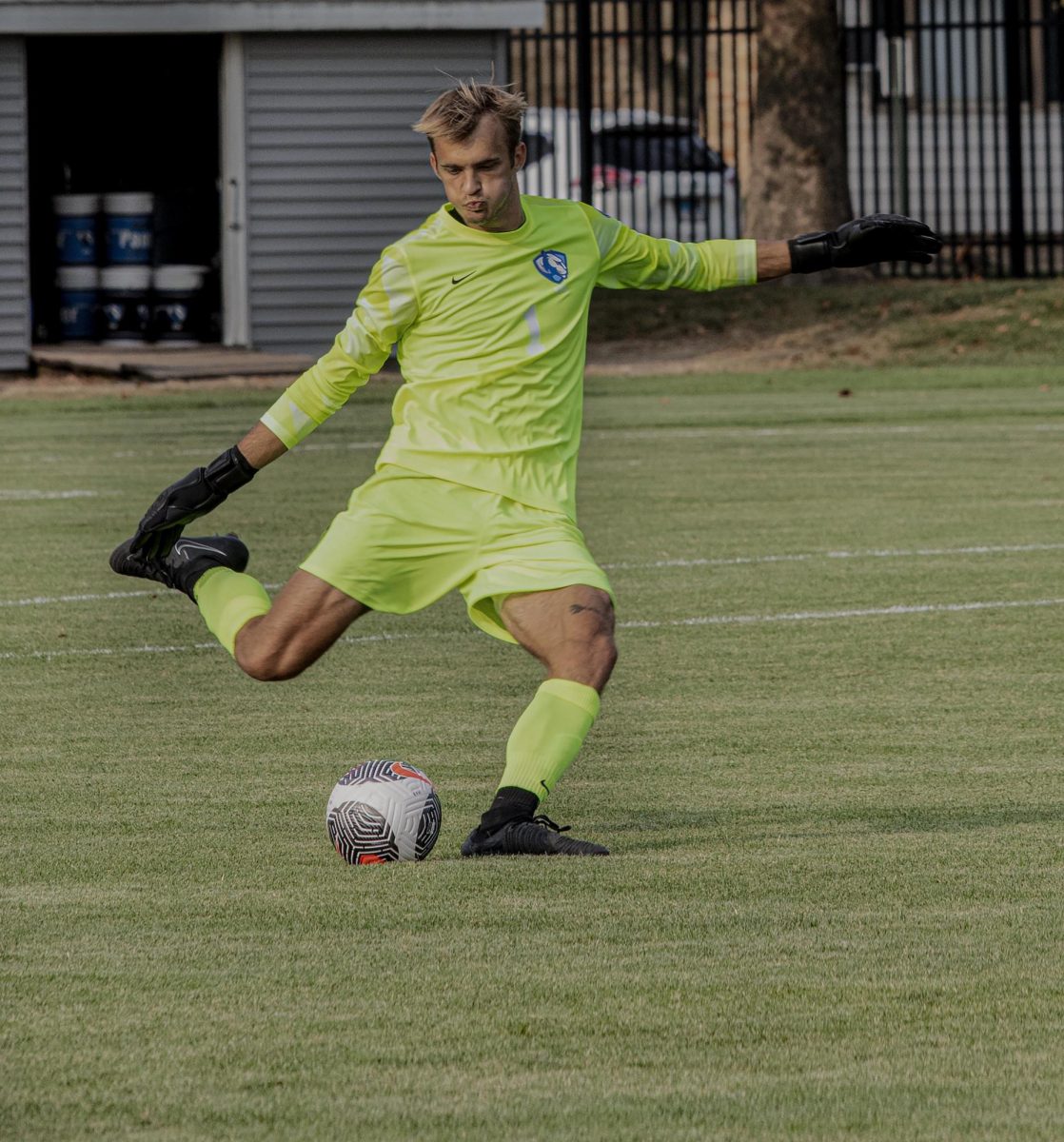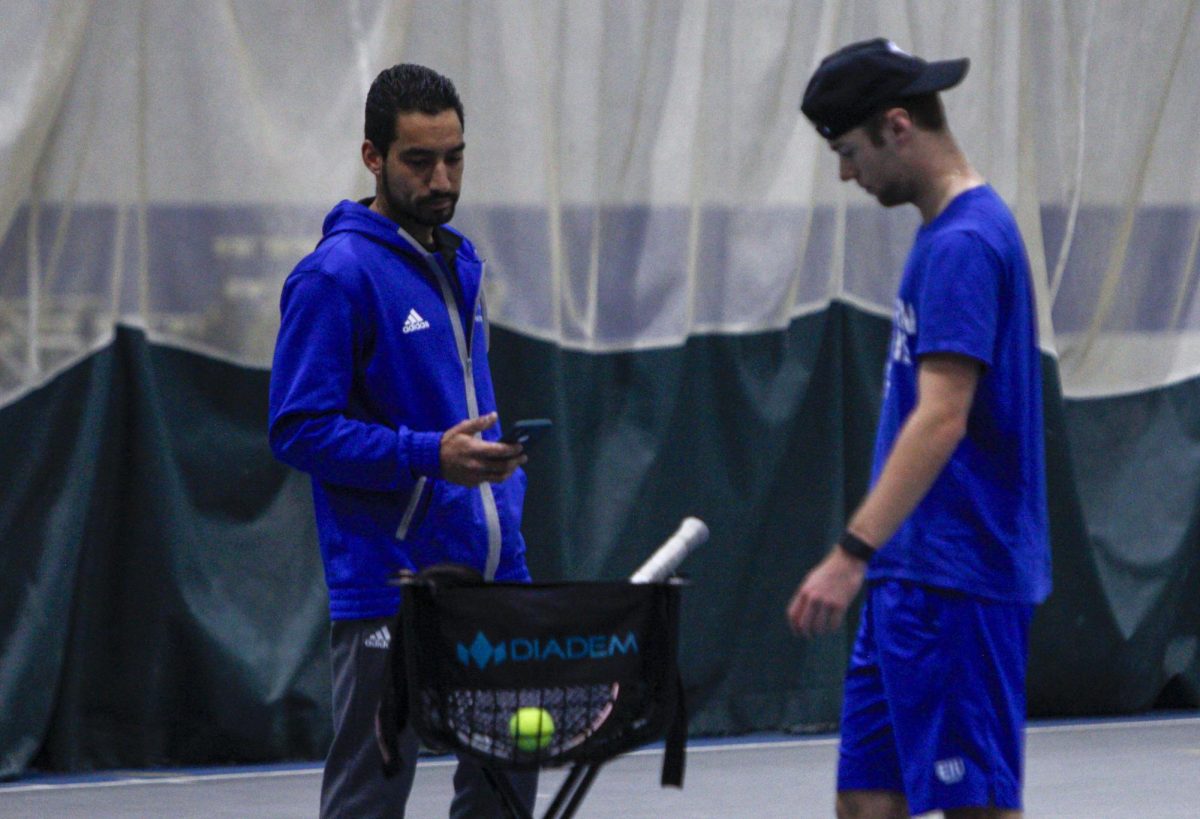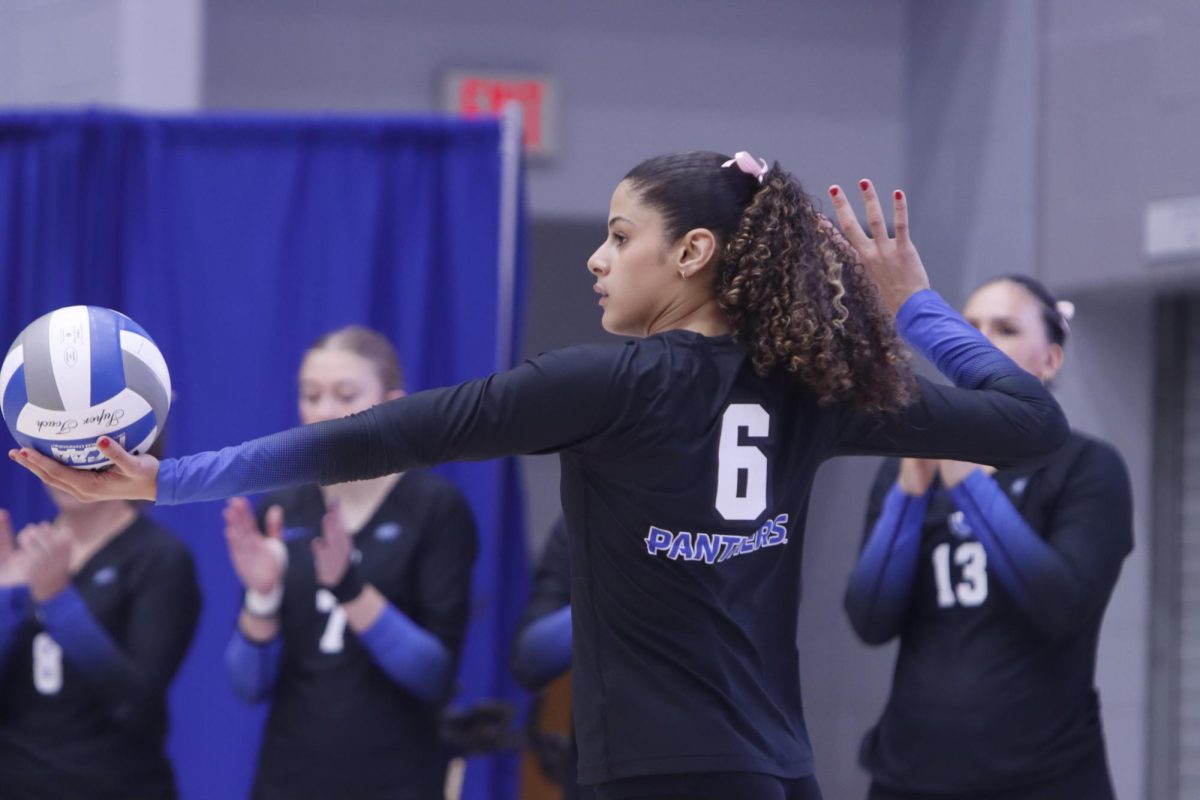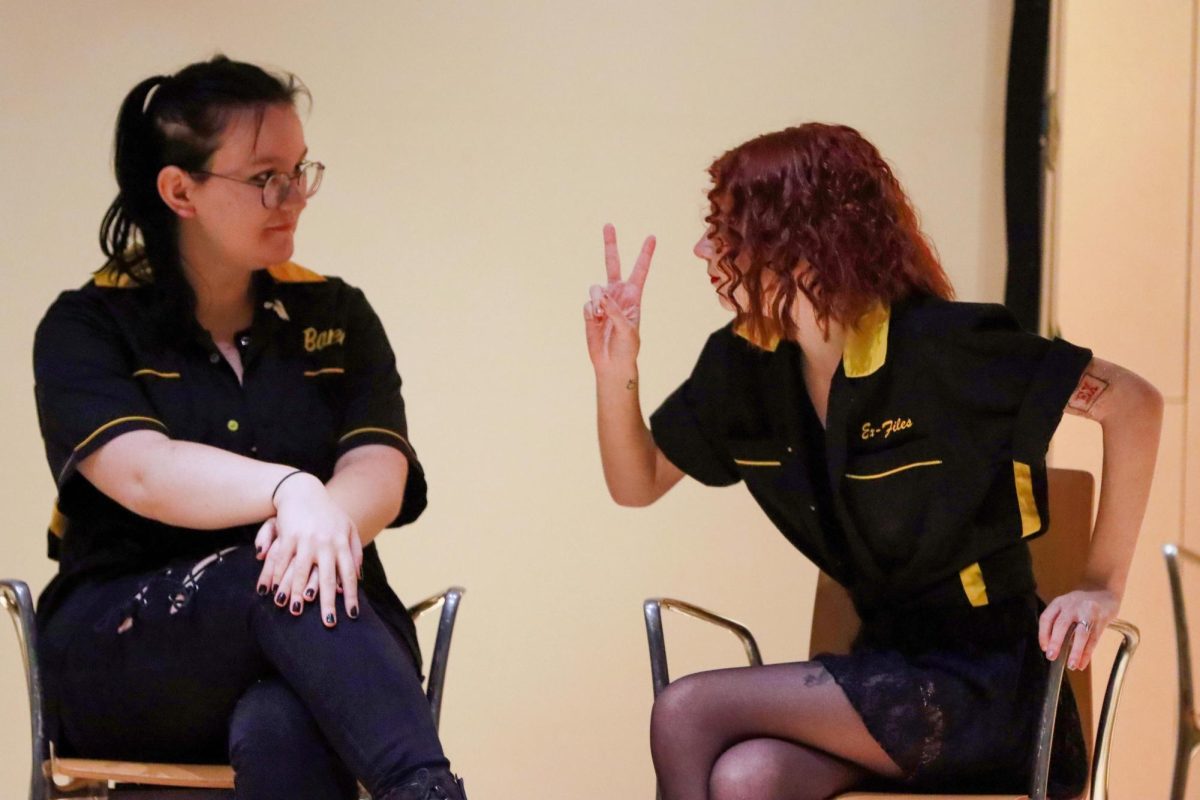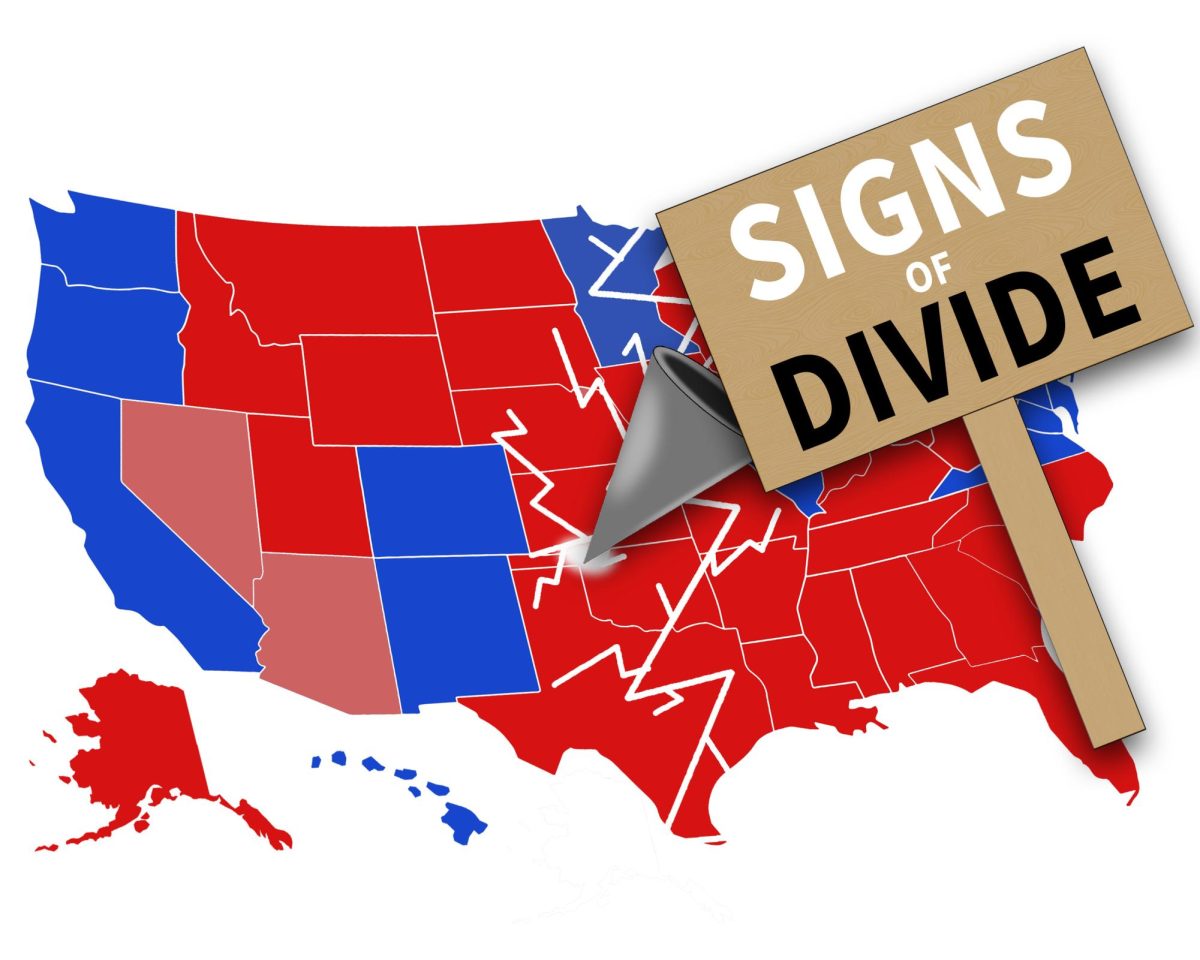Wikipedia leaves some skeptical
Wikipedia, the well-known electronic encyclopedia, has accumulated more than 3.8 million articles since its creation in 2001 and is receiving “hundreds of thousands” of visitors a day, according to its Web site.
But not everyone at Eastern is jumping on the bandwagon to celebrate the interactive resource.
While some are excited about a new way to gather information, others have a problem with the Web site’s credibility and content.
Philosophy professor Gary Aylesworth said he does not encourage his students to use it as a research tool.
“There are some things I’ve seen on Wikipedia that are just wrong, so I don’t think it’s a reliable source,” he said.
He said he finds some of the information to be superficial and lacking in depth.
“Advice to my students: don’t use it as a research tool in my class” he added.
He also has a problem with the fact that the information on Wikipedia can be posted by anyone as opposed to experts who compile other reference works.
“That’s a drawback for me,” he said. “They’re not very good (articles).”
Amita Bhargov, technology specialist at Eastern, has a more positive view of the site than Aylesworth.
While she agrees that a user should be skeptical of the ever-changing information on the Web site, she thinks it is still a good research tool.
“I’m excited about it,” she said. “It’s really a very different concept.”
She said Wikipedia is part of a change in information distribution that is being ushered in with the transition to a new phase of the World Wide Web.
“Information is not merely being given to you, but you are creating it,” she said.
The Web is becoming more interactive so that information finds users based on their interests and their activities on the Web, rather than a user finding the information.
“The information will come to you,” she said.
While Bhargov knows not all the information on Wikipedia is accurate, she said there are tools to warn users of conflicting information posted by different people. Also, she said, mistakes are often quickly corrected.
“Generally, when someone puts in fraudulent information, the rate of change is within minutes,” she said.
Bhargov understands that faculty members might be cautious when using the Web site in class, but she does know of some who encourage their students to use the Web site as a learning tool. They encourage their students to do critical analysis by evaluating what they find on the Web site.
“You have to be a skeptical user and it puts the responsibility on the user to say, should I use it or not?” she said.
Political science professor Jeff Ashley said he does not discourage or encourage students to use the Wikipedia site, but he does not want them to use it as a source for class.
“The reason many professors are leery of allowing this as source material is because it can be externally edited,” he said. “With this ability, there is really no way of knowing who provided the info, their credentials or the accuracy of the info.”
However, English professor Terri Fredrick likes the fact that anyone can contribute to Wikipedia, not only experts.
“Anyone can be an expert,” she said. “I think that’s what’s great about it.”
She sees it as a new way for people to interact with each other.
“If I go to Wikipedia and see an inaccuracy, I see that as something I can get involved in and I can change,” she said.
She also would not use the site as an academic research source but said it is a good starting place to do research and to find information about recent topics like pop culture.
“I think it really boils down to being the right source for the right purpose,” she said.
Right or wrong, Wikipedia is changing how the world gets its information.
“I think that Wikipedia is a very useful source, and it represents something very interesting in how knowledge is changing,” she said.


